scottw
Web Designer


I listen before I act. A lot of profit is often hidden underneath learned practices or buried as a "plan B." Before I launch a new strategy, I always take time to listen to the seasoned employees and learn what is at the heart of current revenue. Often I will find programming that I can activate immediately bringing in some fast new sales while larger growth strategies are developed.
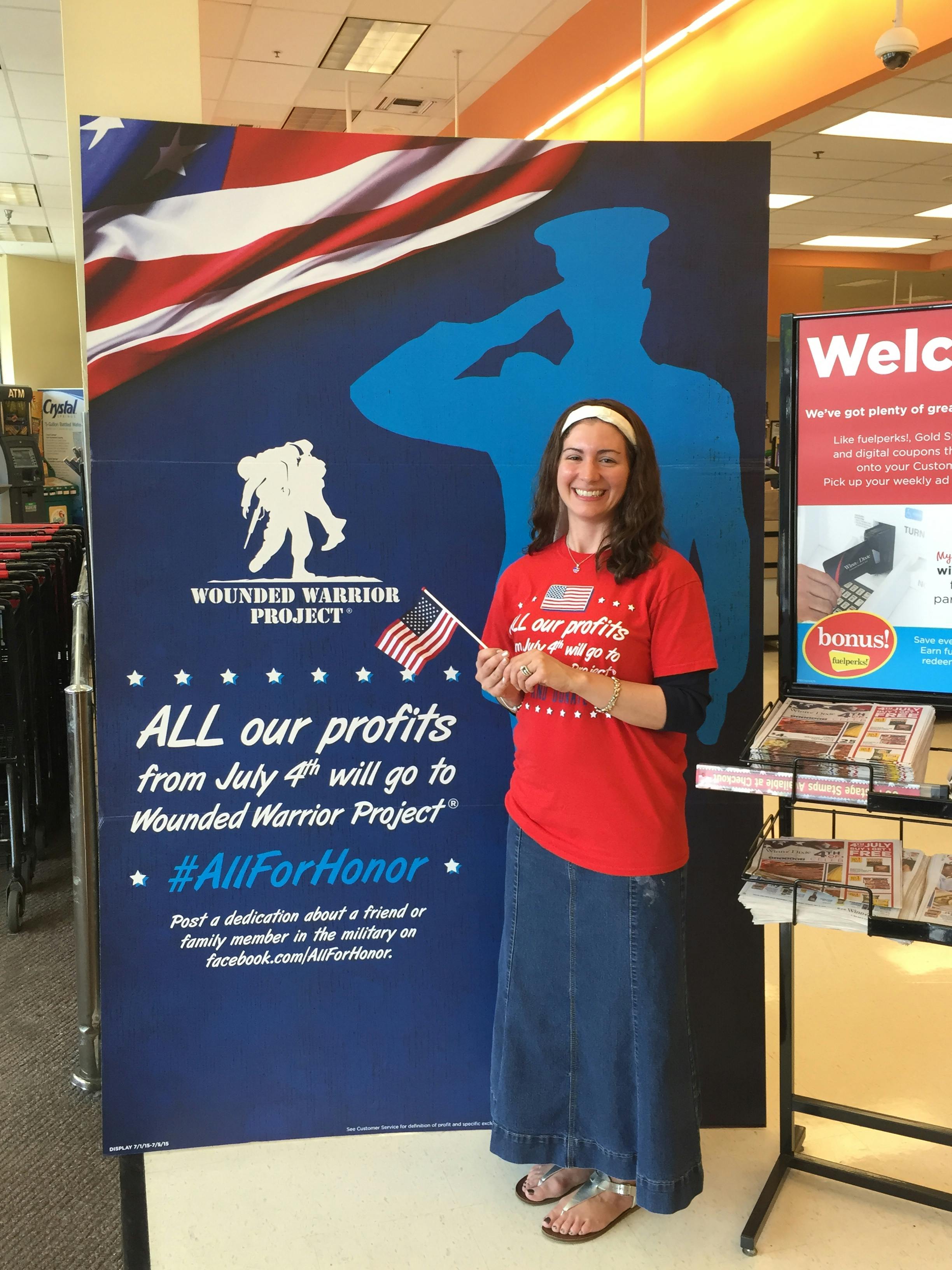
My mother gave me a bookmark that said "if you think you can you can" and then backed it up with supporting any interest I had. I had a rolodex of interests so I tried them all - music, dance, writing, acting, directing, management, etc. - never once doubting that I could do it if I set my mind to it. I loved to create and share all types of things, it didn't matter the medium, it only mattered that I could share something meaningful. It's true that I'm a Jack of all trades, but I excel at being a master of the moment.
In 2012 I took over Loyalty Marketing for the newly formed Bi-LO Holdings, a merger between Bi-Lo and Winn-Dixie supermarkets. After the merger the sales of the Bi-LO chain began to decrease. Something was needed to breathe new life into the loyalists to convince them that their store was here to stay. Looking at the sales I could see that our Fuelperks (grocery/gas savings program) tagged items did better in the Bi-LO banner than at the Winn-Dixie banner. Each Fuelperks tagged item purchased earned the shopper a few cents off the cost of a gallon of gas. The core Bi-Lo customer appreciated the program. If we could double down on support of the program, we could gain back their trust.
Working with our Fuelperks provider I created a program called the "Dollar Tank Club." The program challenged our customers to buy enough fuelperks tagged items to bring the cost of a gallon of gas to mere cents, enabling them to fill up their entire gas tank for less than a dollar. If they could produce a receipt to prove the purchase, we would reward them by funding $1 a gallon in credit towards them building their next "dollar tank."
The program was a smash success. Customers started consistently spending more to earn enough points to join the club. We had Dollar Tank Club bumper stickers, "tank" tops, etc., people were wearing our name as bragging rights that they had saved so much money. Not only did sales skyrocket, but our main goal was met. The customers knew we supported the program and became even more loyal to their favorite Bi-Lo store.

The inspiration is the joy in the customer's face when they are happy with their purchase and the satisfaction the brand gets with the sale. I know it is silly to say that, but it is true. So many people think that marketing is "brainwashing" a customer into a purchase. It is quite the opposite. The goal of marketing is to form a connection between a brand and its customer, making it a relationship where the customer feels just as good giving the brand their money as the brand feels receiving the payment.
Companies go into business because they believe in what they sell, they love it when a customer believes in them. Customer's like purchasing from companies that appreciate them. Marketing just reveals the match between the two, making both parties happy, and that inspires me to do more. I'm not really a marketer, I'm just a matchmaker.

Mystique. When I create a campaign I turn myself into the customer to decide what would be my motivation to purchase. I get really passionate about the brands I serve which helps me create ideas that fuel huge growth.
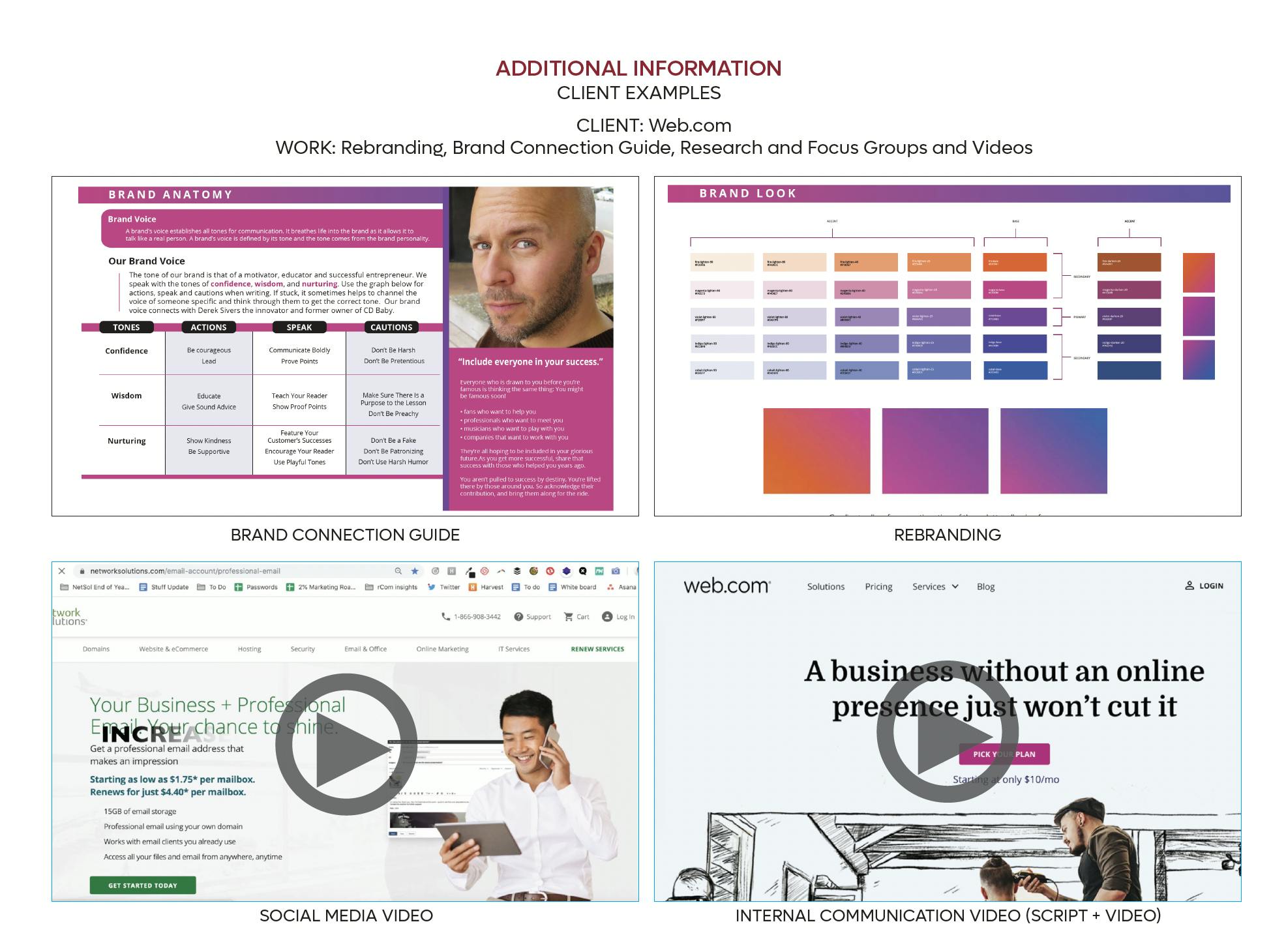
In 2015 Southeastern Grocers was taken over by new management. As one of the only marketing leaders left after the takeover I was tasked with making a huge positive splash in the media for the brand. A goodwill project that puts the new management in a positive light. We had a partnership with Wounded Warriors where they helped us promote our Military appreciation days (we had quite a few stores by military bases). The new management approved a program where they would give away a large portion of the profits from one day of sales to benefit our charity partner. They simply asked me to market it.
I might have kicked it up a notch or two. I knew just saying we were raising money for Wounded Warriors was not enough. We needed to form an emotional connection between our brand and the military families all around our stores. I devised a program called "All for Honor." The point of the program was to honor all military and veterans. Even though the donation was for the Wounded Warriors, our customers would be moved to act based on the love for their friends and family.
The donation day was set for July 4th, but for weeks prior to the donation day we promoted the program in the stores. I created life-sized cardboard silhouettes of a soldier mid salute and put them in all stores, encouraging military personnel to sign their name (or loved ones to sign their soldier's name) on the silhouette so we could honor them. The silhouettes became crowded with signatures and people began taking selfies with them. Meanwhile, we had an active campaign at every register asking people if they wanted to round up to the nearest dollar to donate to Wounded Warriors in advance to the donation day. Our sales started to peak during the weeks prior to the donation day (on days that we had NOT promised to give away our profits) and our customers were funding the campaign with enthusiasm. I started a contest between our regional managers to see which region could collect the most donations. This fueled sales even more. I reached out to our category managers to ask vendors to donate their charitable funds as well. I created a website that had a live social media feed of customers talking about their military loved ones with a big "Donate Now" button. On July 4th, our sales far exceeded our competitors (on a key holiday) as people rushed to the store to show support knowing we were donating all our profits for honor that day.
We raised over $3 million dollars. We had only planned to give about $1 million. That was the goal of the campaign, $1 million, and I raised over $3 million. I have never been so proud at work as the day our CEO gave that check to the charity. Knowing that not only had I raised my company's total sales for the month prior, but I actually was helping deserving veterans along the way.
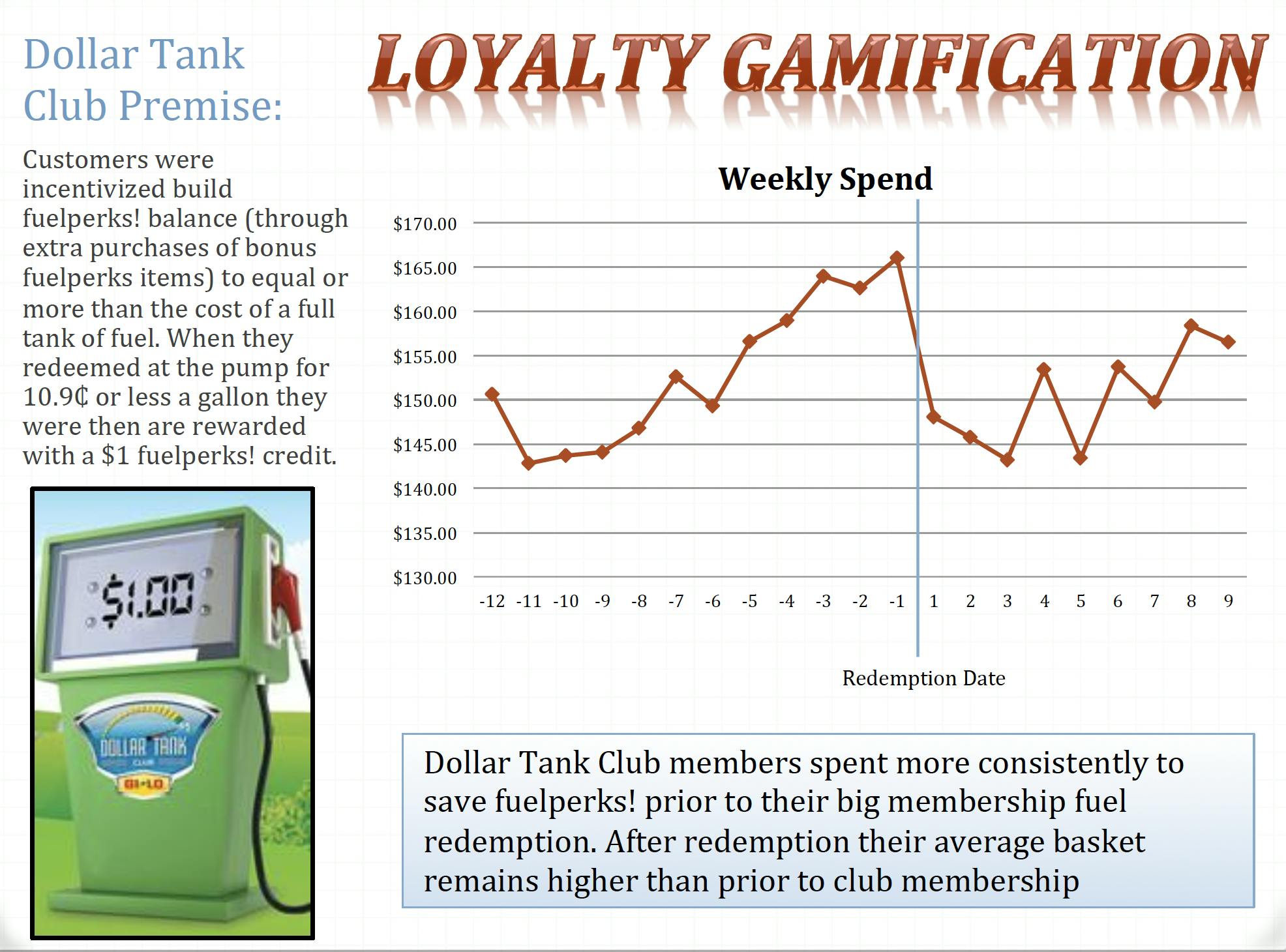
I originally studied to become a theatrical director and drama teacher. I transitioned into writing and editing and ended up an editor at a book publisher. I joined a grocery brand as the person who produced and edited the label designs. I still remember my first day at work when I overheard someone speaking passionately about the quality of an ice cream product. I was like...it is just ice cream...but now ice cream suddenly seemed very very important.
I quickly realized that my theatrical training (in both production and writing) was actually the perfect background for marketing an everyday food item. I had to excite people to look forward to a chore...grocery shopping. I went back to school for my MBA and started "directing" large scale campaigns that turned people's love of food into a love of shopping for food.
Learn from your failures but don't take them home with you. I remember once a program I oversaw had a sudden unexpected loss due to a vendor bankruptcy. The whole company was turning to me with blame when I had actually had tried to warn them a few times. I kept thinking that if I had handled it differently we wouldn't have lost anything. I took it hard, I would cry myself to sleep almost every night for a week. Finally, one night my husband shot up in bed and screamed "do you think that the head of the company is crying himself to sleep right now?!" He was right. The head of the company had moved on, finding new ways to fix the issue and create sales, and he certainly wasn't thinking about it and crying every night. Plus, I had two kids at that time. Did they need to see me crying about this? No, they didn't. They needed me present with them. From that night on I didn't let work affect my emotions at home and I let my failures fuel my drive for future success at work instead.
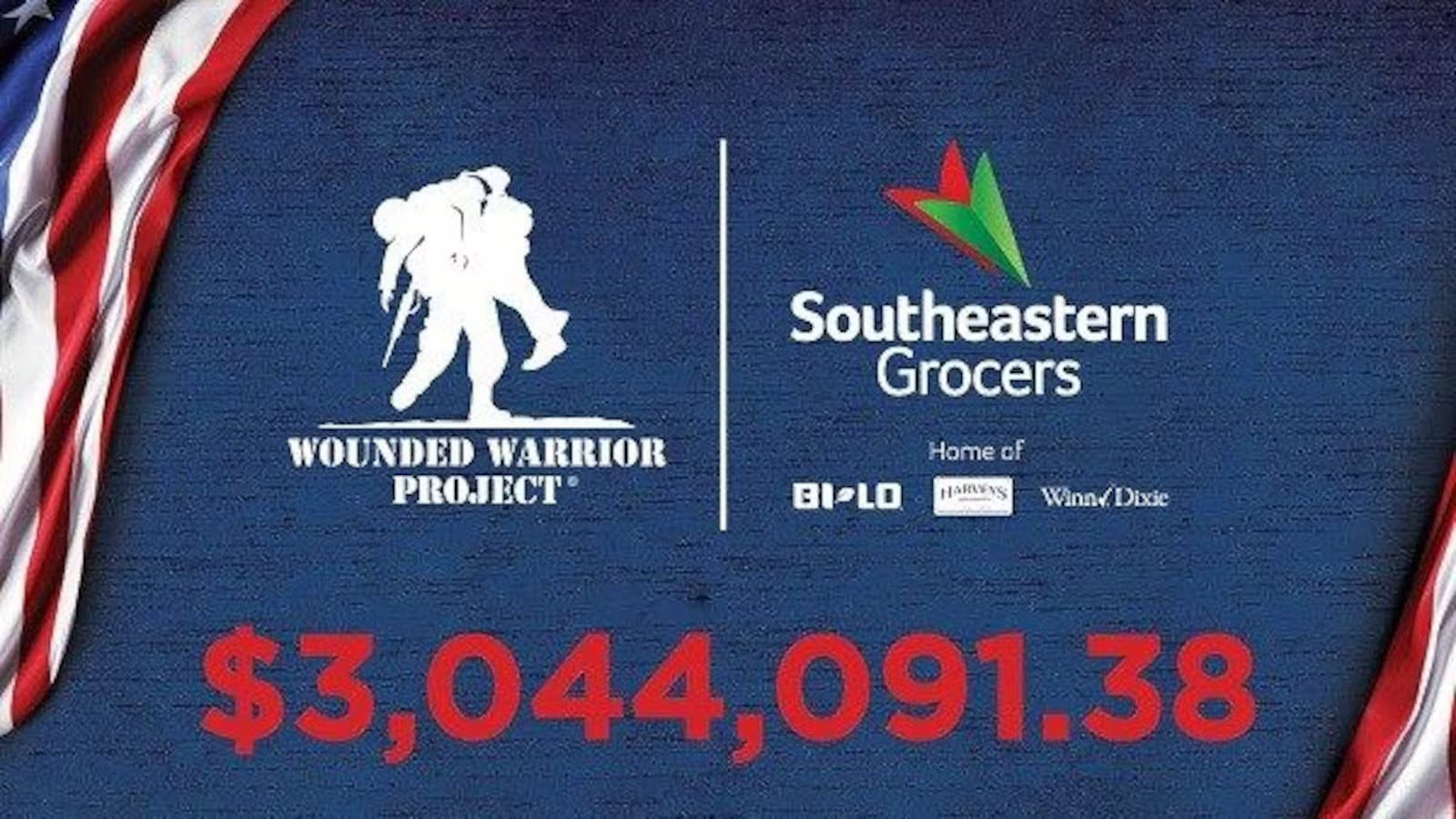
Initially I meet with the client and interview all key players. I even do focus groups or surveys with customers to make sure I understand the underlying core values of a campaign or the company as a whole. This way the heritage of the company and the vision is the catalyst for all campaign work. The work is built around the vision, the vision is not pushed into a cookie cutter campaign.
After the initial build I present to the client to ensure we are on the same page. Then I have weekly meetings during execution to make sure the client feels supported and any tweaks are made along the way.
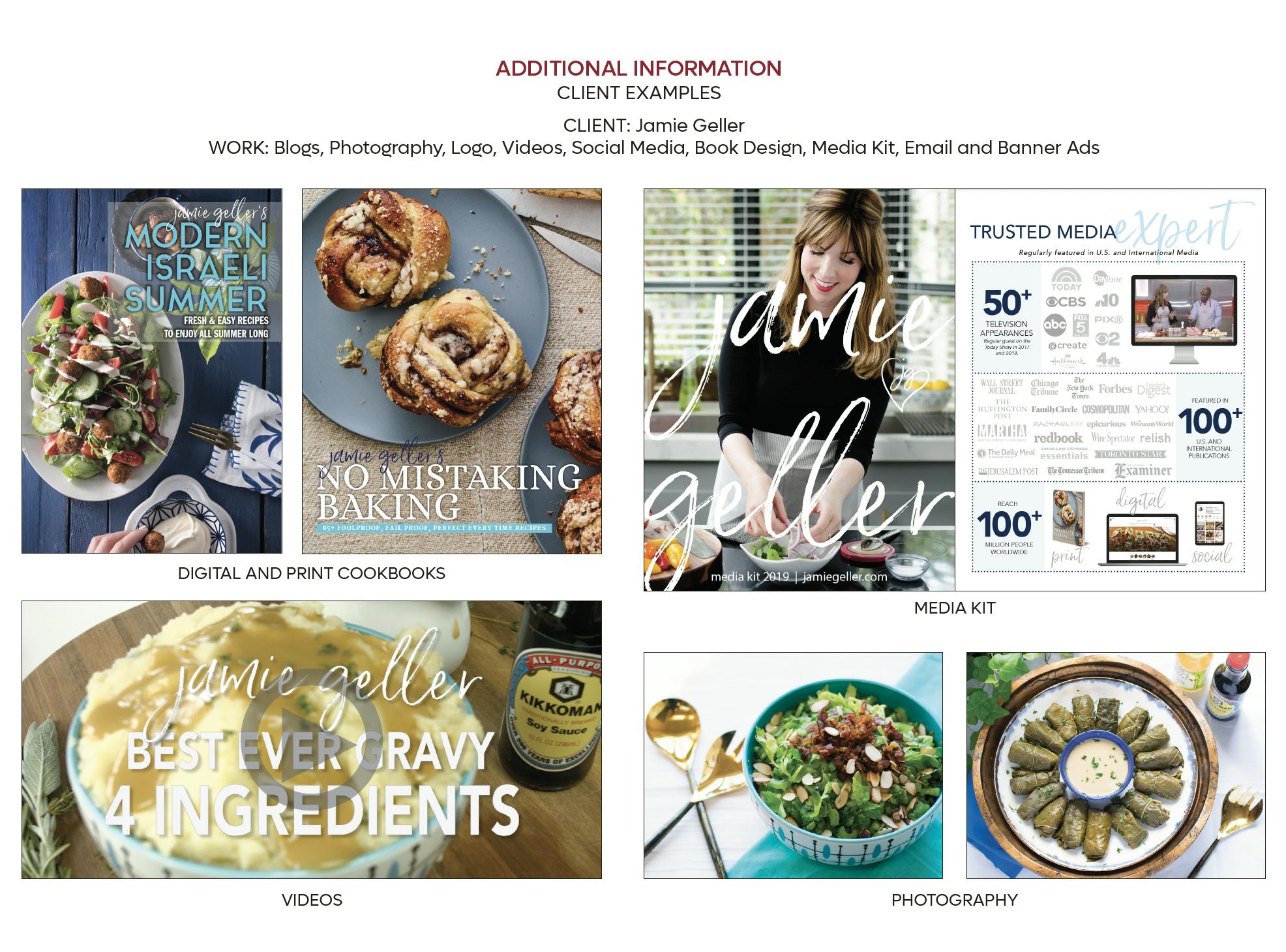
When I was running the operations for a Celebrity Chef's company I had orchestrated a live cooking demo at a sponsor's appliance showroom. I had been the one to acquire the sponsor, so I was coordinating the demo which was a demo/dinner for a dozen social influencers. A caterer was supposed to cook the meal and we were just going to demo the dish being eaten. Well the caterer pulled out the day of, we were hours out from the event with nothing but a showroom full of appliances.
The chef wanted to cancel, but I didn't want to loose the account. So we shifted. The chef's staff consisted of a nutritionist and 2 other chefs. We had talent and appliances, we just needed food. The chef agreed for us to cook the meal...and then I had an idea. 30-min later we started "producing" a reality-style cooking challenge. The nutritionist was sent to Whole Foods with a camera to film her shop, the chefs were shown frantically improvising as they produced a meal for our distinguished guests. We even threw in a dramatic breakdown from the head chef where she lamented that she didn't think we would make it in time.
Not only did we make it in time....we got record views of the event.

